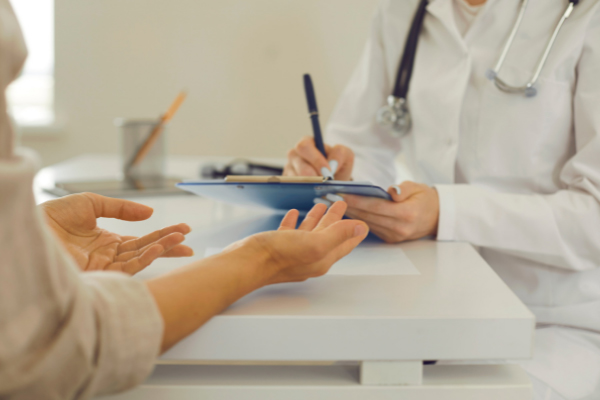Klonopin is the brand name for the drug Clonazepam. It was first formulated in 1975 with the intent of minimizing epileptic seizures. Klonopin is a type of benzodiazepine, and it is a central nervous system (CNS) depressant. CNS depressants affect brain receptors that control norepinephrine with the help of the neurotransmitter GABA. As a result, respiratory and heart rates are slowed, and the person is then calmed and sedated. Klonopin is mainly an effective drug that suppresses brain activity that can cause seizures. It is, however, regularly used to treat panic disorders and anxiety. Klonopin is addictive and causes physical dependency within weeks of regular use. The most common street names for Klonopin include Downers, Benzos, Pins, and K-pins.
Understanding Klonopin Addiction
Benzodiazepines cause physical dependency. Many people develop Klonopin dependency after only weeks of taking the drug. Additionally, many people have become addicted to Klonopin by only taking the amount prescribed by their doctor. Because Klonopin causes euphoria and sedation, people abuse it to feel relaxed. However, once the brain adapts to any type of benzodiazepines, it can no longer provide the relaxing physical effects without the drug once a person is addicted to it. This is why Klonopin addicts find it so difficult to stop and cannot function normally without it. For many, they have developed a physical dependency and an addiction and will experience Klonopin withdrawals if they suddenly stop taking it.
What Are the Medical Uses of Klonopin?
According to the National Institute of Health, Klonopin is a potent anti-seizure medication with many off-label uses.
Clonazepam is a long-acting and high-potency Klonopin. It behaves both as a GABA-A receptor agonist. It also has serotonergic activity by increasing serotonin synthesis. Clonazepam has anticonvulsant and anxiolytic effects. It is FDA-approved for the treatment of seizure disorders and panic disorders. It also has off-label use as monotherapy or adjunctive therapy to treat mania, restless leg syndrome, insomnia, tardive dyskinesia, and REM sleep behavior disorder. (NIH)
Who Gets Addicted to Klonopin?
People most likely to get addicted to Klonopin are struggling with addiction and may have a valid prescription for Klonopin but start abusing it. Klonopin is a benzodiazepine, and many abusers will combine Klonopin with alcohol or other drugs, including prescription medications. The problem with prescription benzodiazepines is doctor shopping. When someone sees more than one doctor and invents false symptoms to get more Klonopin, they are doctor shopping. Even though it is a legal medication, the addiction tends to affect younger generations as the mixing of benzos and alcohol is a trend in many drug-seeking cultures.
The percentage [of Klonopin misuse] was highest among young adults aged 18 to 25, followed by adults aged 26 or older, then by adolescents aged 12 to 17. (SAMHSA, 2020)
What Are Klonopin Withdrawal Symptoms?
Most people addicted to Klonopin must use it every day to avoid Klonopin detox symptoms that cause seizures and the exact symptoms of anxiety, depression, and panic that most doctors prescribe Klonopin to treat. Klonopin withdrawal symptoms can cause a seizure, aneurysm, and death. The symptoms include:
- Shaking hands and tremors
- Severe anxiety
- Rapid heart rate and lightheadedness
- Profuse sweating
- Vomiting and nausea
- Insomnia and inability to relax
- Headaches and muscle spasms
- Psychosis and hallucinations
- Seizures
Evoke Wellness Offer Males and Females Specialized Treatment Programs
Evoke Wellness provides evidence-based forms of treatment and therapy that help addicts and alcoholics not desire to use drugs or drink any longer. Recovery is not a quick fix, and all addicts need lifelong support to remain happy and content without using drugs. Evoke’s addiction treatment programs provide each person the foundations to enjoy life without getting high or drinking. We have a program for men, women, and young adults. We provide inpatient, outpatient, intensive outpatient, aftercare, and sober living. To find out how to be content without drugs, call now for immediate conversation with our clinical staff.


